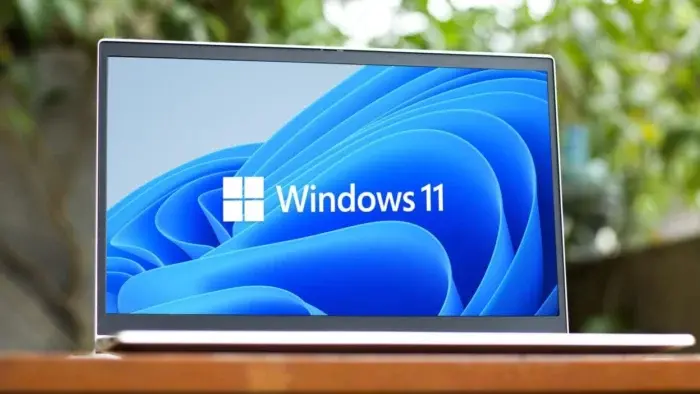Microsoft keeps changing Windows 11, adding new things like Copilot and other smart tools. But each time they add something new, they also take away or stop supporting other features. This often makes users and fans unhappy.
In 2024, there will be big changes for Windows 11 with the new version called 24H2. However, this year is also tough for existing Windows 11 features. Here are some of the tools and abilities that won’t be around anymore.
32-bit Arm Apps will no Longer be Supported 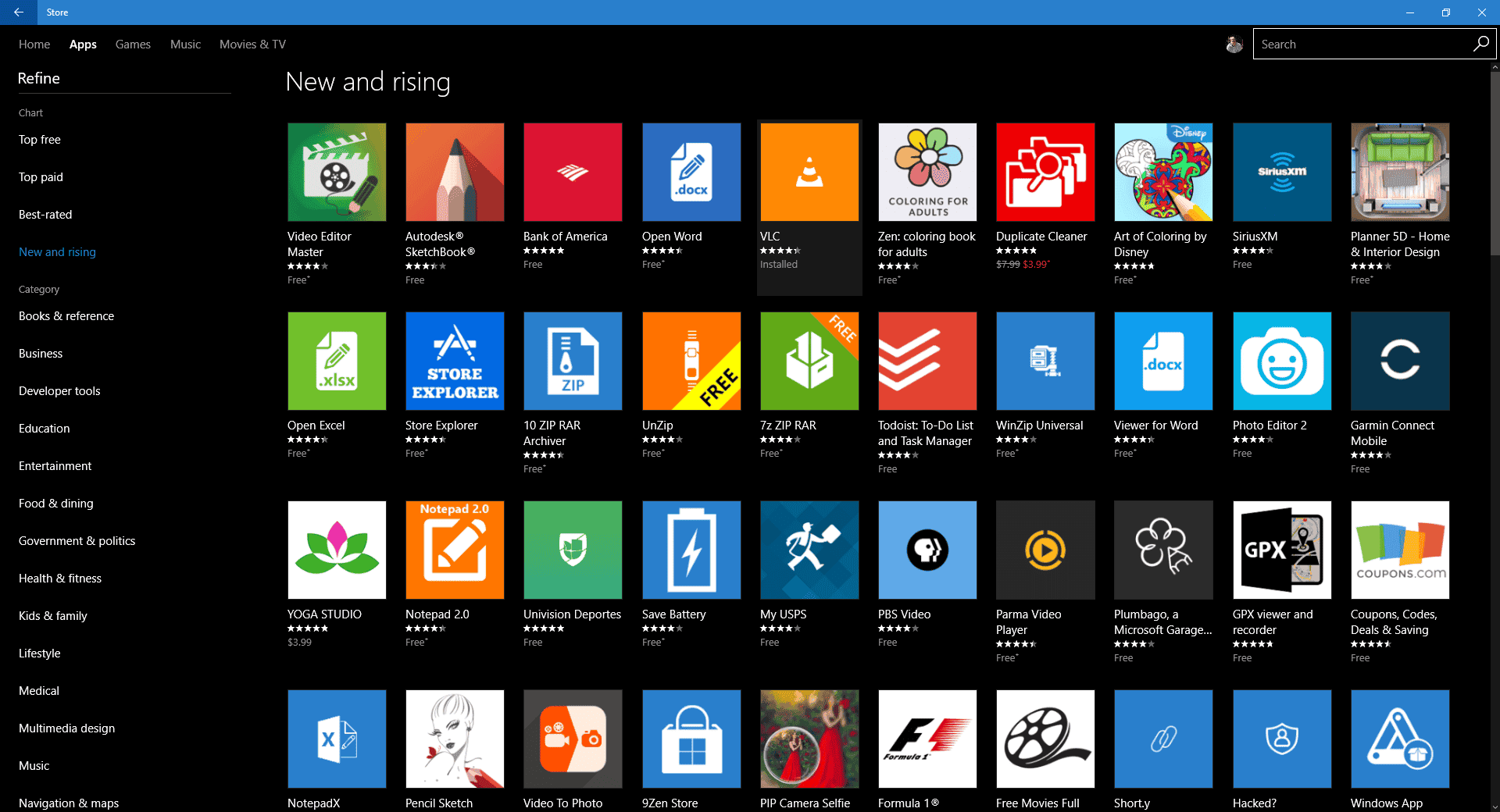
For a long time now, the tech industry has been moving away from using 32-bit Arm apps. In 2024, Microsoft is officially stopping support for them in Windows 11 too. There haven’t been any 32-bit Arm processors for Windows PCs since Windows 8 times. And by now, any apps that haven’t been updated to 64-bit are probably just left behind.
So, not much is lost here. Back then, Metro apps weren’t really popular, and any Arm apps that exist today are already made for Arm64. But if you still have really old apps on your PC for some reason, it might be a bit disappointing.
The Steps Recorder Windows App Will Go Away in 2024 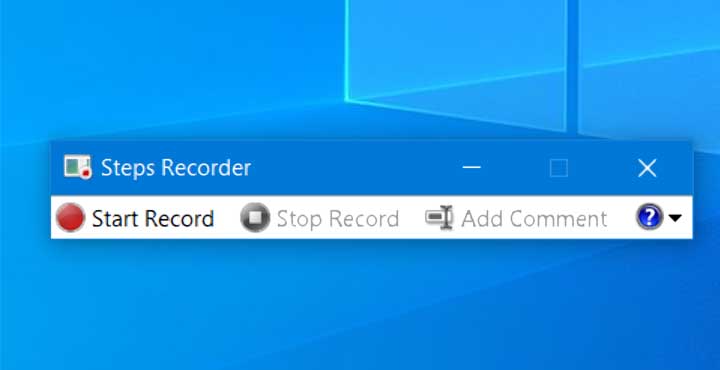
Steps Recorder was a handy tool in Windows that let you record actions on your computer. It wasn’t like recording a video. Instead, it took pictures for each click or tap you made on your PC. You could also add comments to explain each step.
Since Steps Recorder might not be available for much longer, you can consider using the Snipping Tool instead. It’s already part of Windows 11, and it now allows you to record videos too, which makes it a good alternative for capturing step-by-step instructions.
While it’s not completely certain that Steps Recorder will be removed this year, it’s officially marked as outdated. Microsoft began informing users about this change in early 2024, so it’s possible that it might be phased out soon.
No More Windows Speech Recognition from 2024 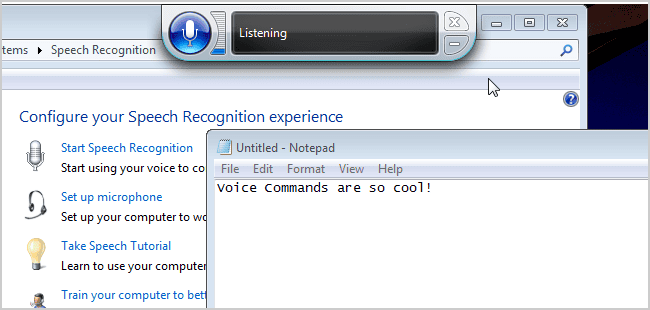
Another feature that’s being phased out is the classic Windows Speech Recognition. This tool let you control your computer by speaking to it. However, in 2022, Microsoft introduced a newer option called Voice Access, which is more up-to-date.
The new Voice Access has a better tutorial to help you get started, a clear list of commands to learn from, and a modern look that matches Windows 11. So, you’re not really losing out on anything with the classic tool being phased out.
While it’s not certain that Windows Speech Recognition will be removed in 2024, it was declared outdated at the end of 2023. So, there’s no real reason to keep using it when there’s a newer option available.
Gizchina News of the week
Windows WordPad is Going Away 
The removal of WordPad is perhaps the most significant loss here, as it served a unique purpose. WordPad is a text editor positioned between Notepad and Microsoft Word. It’s a free tool offering some text formatting options, allowing users to create somewhat professional-looking documents, albeit with fewer features compared to Word.
It seems Microsoft is pushing users to choose between sticking with Notepad or upgrading to Word, which makes sense from a business standpoint. Word offers a lot more features, and the web version is free as long as you’re online. WordPad has been officially confirmed to be removed with the upcoming Windows 11 version 24H2 later this year.
Microsoft Mixed Reality May Not See the End of 2024 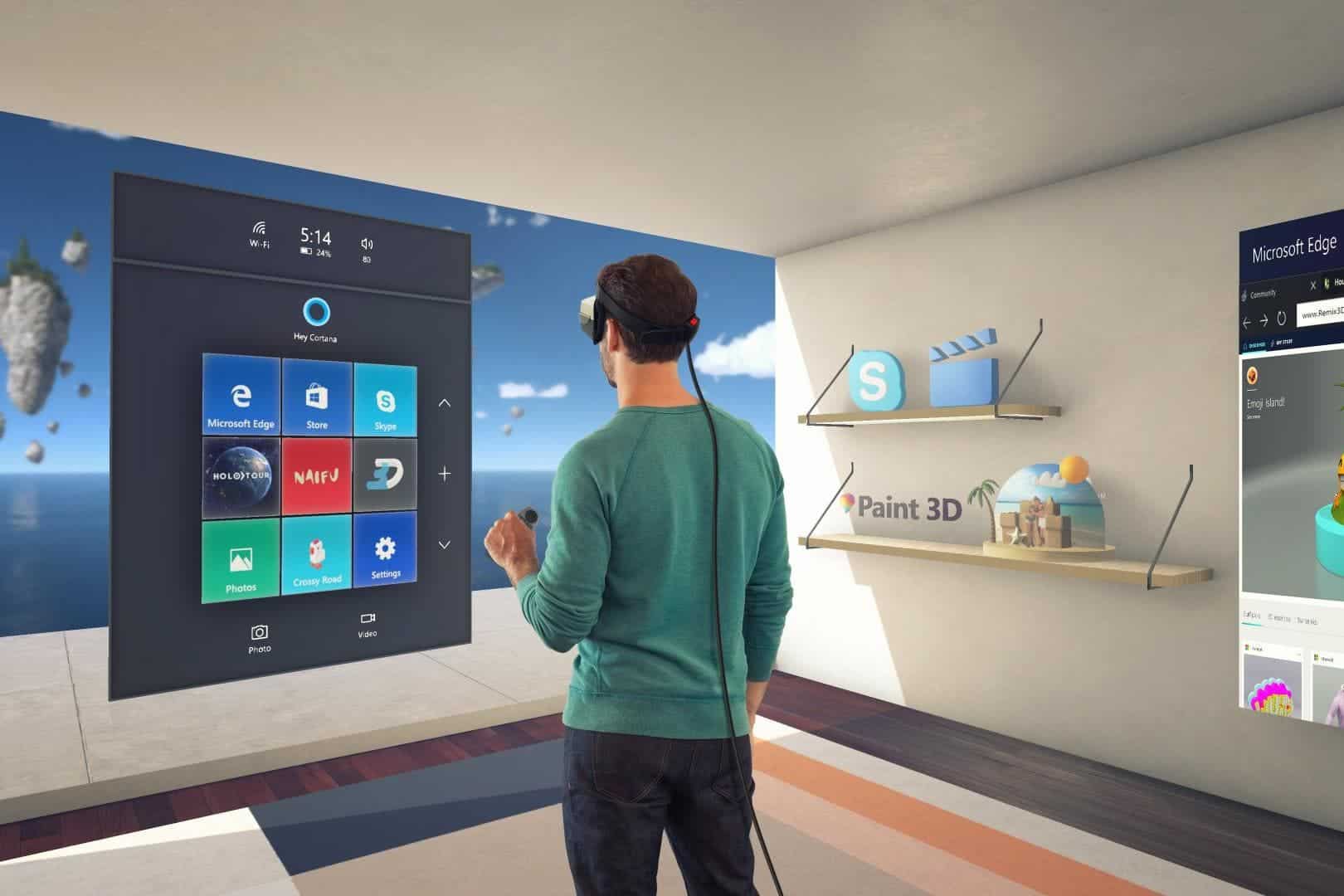
Back when Windows 10 was released, Microsoft was really into the idea that mixed reality was going to be huge. However, while the concept still gets some support, like with the Apple Vision Pro, Microsoft hasn’t really made any moves with it on Windows for a while. It’s been a few years since there have been any new Windows Mixed Reality headsets, and now Microsoft is giving up on it.
You must be careful not to mix up Windows Mixed Reality with Microsoft’s HoloLens headset, which runs on Windows Holographic. They’re different platforms, and Windows Holographic is still supported for HoloLens owners, even though it seems like HoloLens has lost some attention lately.
Windows Mixed Reality is also confirmed to be removed from Windows 11 with version 24H2. However, if you own a headset, you can continue using it with Steam apps, as long as you avoid installing the update.
Windows Subsystem for Android 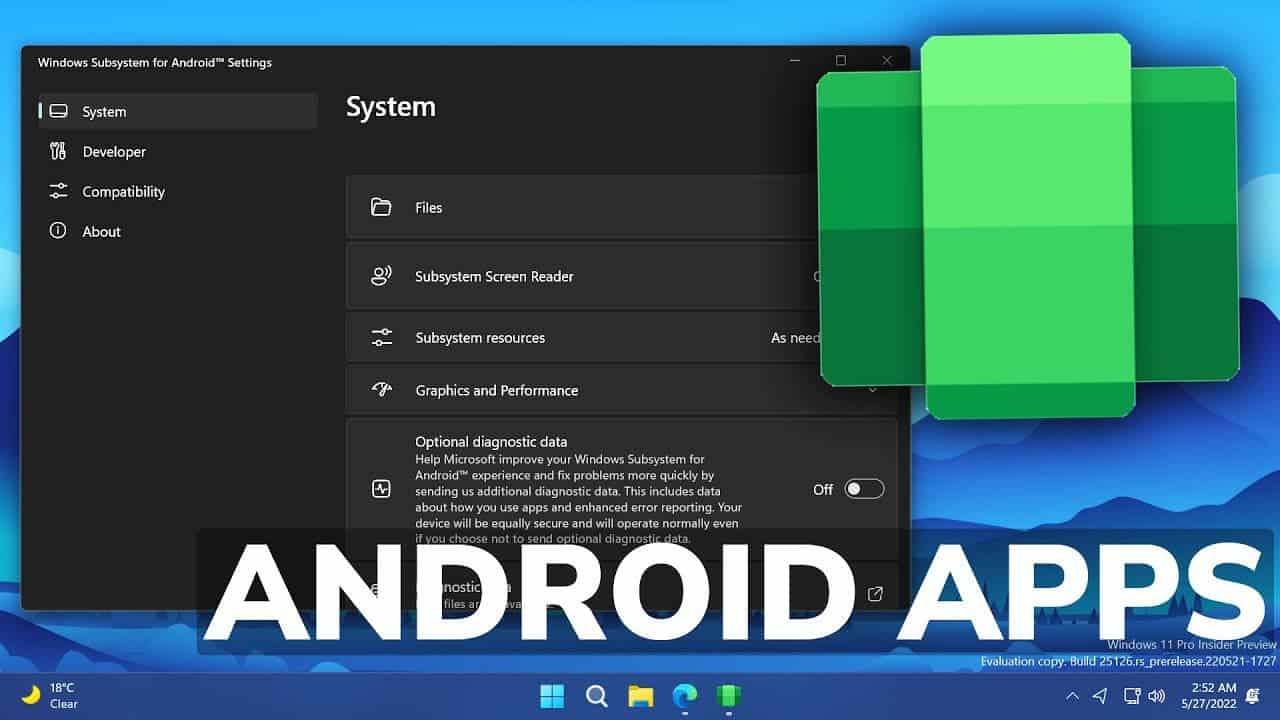
The major news is about Windows 11’s support for Android apps, which was a big deal when it was first announced and finally arrived at the beginning of 2022. However, just two years after its launch, Microsoft suddenly announced that it was shutting down the platform, effective immediately.
The Windows Subsystem for Android has already been removed, it’s not just happening this year. The only way to (officially) access Android apps now is if you already have them installed. However, if you’re setting up a new PC, you no longer have that option. And by this time next year, the feature will be entirely removed.
Fortunately, there are other options for running Android apps, like Bluestacks or streaming apps from your phone using tools like Phone Link.
Why Losing these Windows Apps May not Entirely be Bad News
It’s definitely disappointing to witness Windows features being phased out, especially ones like the Windows Subsystem for Android, which were introduced relatively recently. However, the outlook for Windows 11 appears promising with the upcoming version 24H2 and its array of new features, particularly the rumored AI capabilities. Additionally, the anticipated Qualcomm Snapdragon X Elite chipset is poised to revolutionize the laptop market, which is undeniably exciting.

